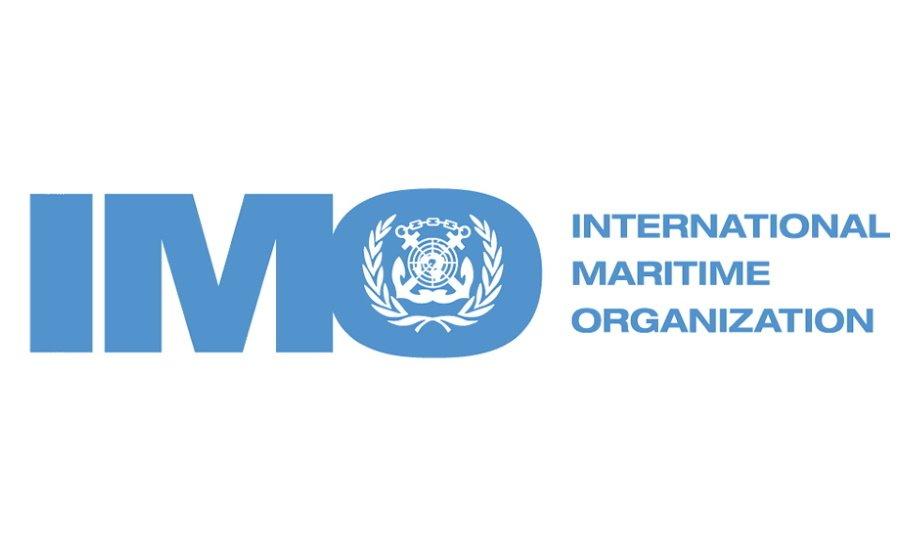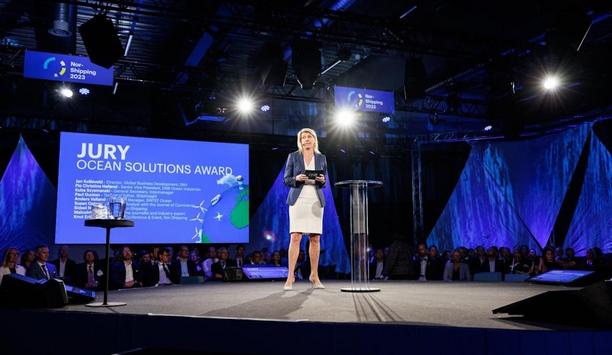Chief Executive Officers (CEOs) of global container and roro carriers have appealed to governments for broad political action, which is critical for the shipping industry to meet climate challenge.
The International Maritime Organization (IMO) has set a goal for the international shipping industry to reduce its greenhouse gas emissions (GHG), by at least 50%, by 2050, and then to move to zero GHG emissions.
Meeting IMO’s zero GHG emissions goals
Shipping will decarbonise and the industry is committed to getting the job done
Others have proposed more ambitious goals, including many of the companies that lead. Because ships have a commercial lifespan of 20 to 30 years, there is a need to start putting low-carbon and no-carbon ships on the water, as soon as possible, in order to reach the IMO’s zero emissions goals. But to get there, there is an urgent need for regulatory support from more UN (United Nations) IMO Member States.
Shipping will decarbonise and the industry is committed to getting the job done. However, there is no zero-emission solution to propelling merchant ships, across the oceans.
There are several potential solutions, such as green ammonia or e-fuels, produced from renewable energy, but the technologies to use these fuels do not yet exist in a scale or form that can be applied to large trans-oceanic ships and carriers.
Importance of research and development (R&D) efforts
Equally important, the research and development (R&D) efforts currently under way are not sufficient to deliver the future fuels and technologies, as quickly as they are required.
Recognising this research and development gap, the marine industry has proposed to the International Maritime Organization, a new, industry-funded research and development effort.
International Maritime Research and Development Board
The International Maritime Research and Development Board is a US$ 5 billion programme
The International Maritime Research and Development Board (IMRB) is a US$ 5 billion programme, governed by the IMO, to coordinate and fund applied R&D and prototype development to catalyse the introduction of zero-carbon fuels and technologies in the maritime sector.
Studies show that this dramatic increase in funding would enable the development of commercially viable low-carbon/no-carbon ships, by the early 2030s. Ten IMO Member States are currently co-sponsors of the IMRB proposal. Their participation has already improved and strengthened the programme and line carrier CEOs now appeal to all governments to support this innovation drive.
The International Maritime Research and Development Board is a win for the climate and for the society at large, as the IMRB offers the following benefits:
- It provides a global solution to a global problem of shipping emissions – All nations will have access to the IMRB’s work and the technologies that it advances.
- Everything they do now to accelerate R&D will reduce the ultimate cost to society of decarbonisation, by identifying promising technologies early and avoiding stranded investments.
- If carbon pricing is to deliver results, there must be zero carbon options. The IMRB will make these options available and the sooner the essential research and development work is done, the more effective any carbon pricing tool will be. It is not either/or. It is both/and.
Global shipping industry committed to decarbonisation
The global shipping industry is committed to decarbonisation and ready to do their part. The international maritime transportation system drives the world economy. World trade and the world’s economies cannot afford a chaotic decarbonisation of shipping. Nor can time be lost in effectively tackling the challenge.
The industry, therefore, invites all governments to show engagement and climate leadership on the international stage, through support for the IMRB at the UN IMO. The shipping industry is willing to take the cost and do the work, but it can only move forward with support. The industry urges prompt action to develop the technologies, in order to meet the climate challenge.










